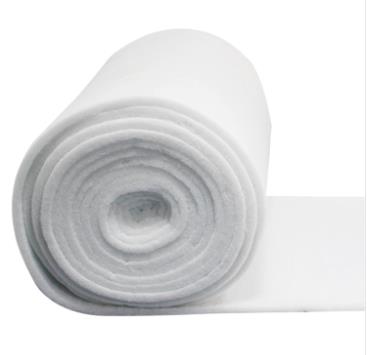The number one job of insulation is to do just that, keep your home insulated and energy-efficient in all seasons. If you live on a busy road or a neighborhood full of pets, you’re probably familiar with how disruptive outside noise can be. Even noise from other rooms in your home can be a bother. Noise pollution comes in many forms, and it’s unavoidable in most cases, but when you’re in your home, it’s nice to get some peace & quiet in your own space. Soundproofing your home is a relatively easy fix that can improve your quality of life. Read the rest of this blog to learn about the best insulation materials for soundproofing.
Insulation & Noise Reduction
Stopping sound waves from traveling from one area to another requires a material (insulation) between the source of noise and the adjacent area to envelop the noise and absorb its vibrations. That is how insulation acts to “soak up” noise, stopping it from being intrusive to you while you’re at home.
Sound pollution comes in two forms: through the air and through direct impact. If you think about noises you commonly hear around the house, you can differentiate. TV noise and cars driving by causes airborne noise pollution, but footsteps and your washing machine create physical vibrations, which creates impact noise. Insulation works to counter both of these issues, reducing them significantly.
What’s the Best Insulation for Soundproofing?
When soundproofing is your goal, your best options out there are fiberglass insulation and blown-in cellulose insulation. Both materials are incredibly good at their jobs; they insulate incredibly well but also have the coveted noise-reducing properties that many homeowners are seeking. Combining insulation with soundproofing will save you money but also make your home a more enjoyable place to be and hang out.
These materials work particularly well for soundproofing for a couple of reasons, they create a tight barrier that doesn’t allow for gaps for sound waves to travel through, but these insulation types are extremely absorbent when it comes to noise, making it so sound can’t escape.
Post time: Aug-10-2022





